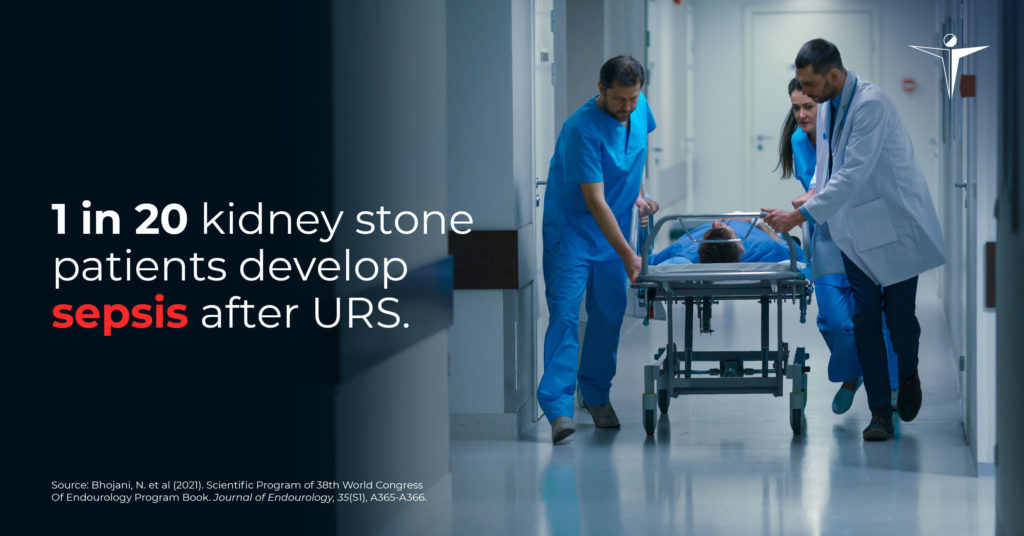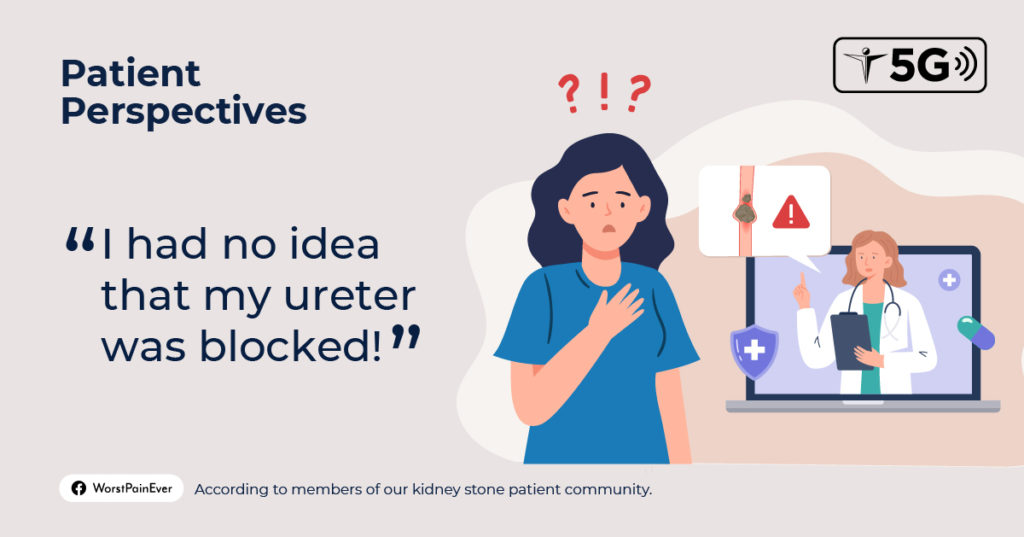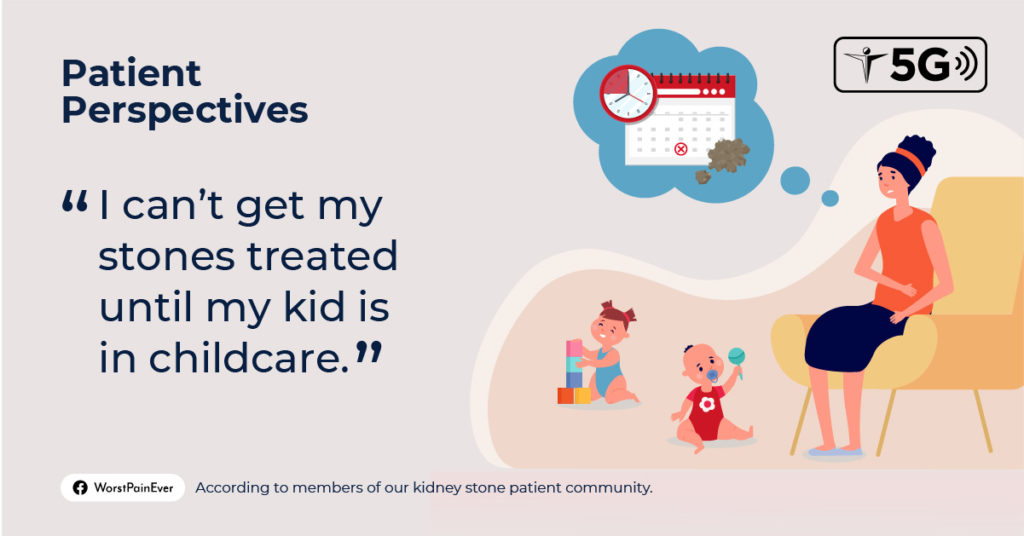According to Sirikan Rojanasarot, Ph.D., and Amy E. Krambeck, M.D., the use of stents with extraction strings for uncomplicated ureteroscopies is a safe and economical option. Leaving a string in place allows patients to remove their stents independently, eliminating the need for additional procedures while maintaining similar outcomes.
Presenting self-removal stents as a safe and economical option can help #urologists allay patient concerns and save on healthcare resources.
Source:






